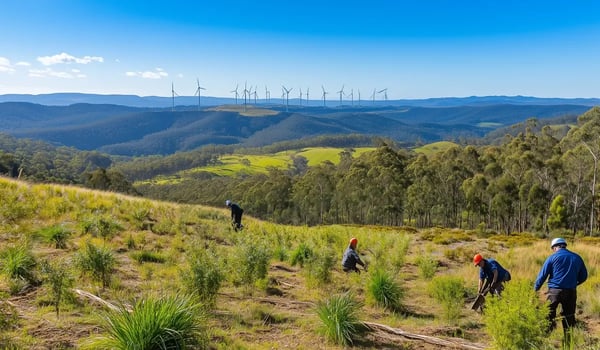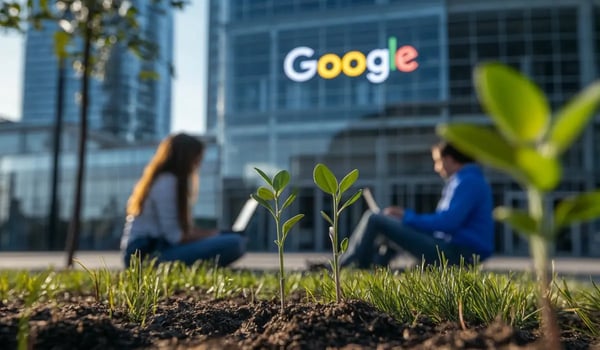Carbon credit prices in Australia surged at the start of the week, reaching levels not seen since...

Australia’s Carbon Prices Rise to Highest Point Since January
1

Tech Firms Push ARR Carbon Credit Prices to New Highs
Afforestation, reforestation, and revegetation (ARR) carbon credits are gaining serious traction,...
2

Europe’s 2040 Plan: High-Quality Carbon Credits to Support Emissions Goal
The European Commission has introduced a major update to its environmental roadmap, setting a 2040...
1

Nature-Based Carbon Deals Accelerate in November as Japan Signals Higher Credit Prices
Nature-based carbon removals saw a notable uptick in November, with reported transaction volumes...
2



